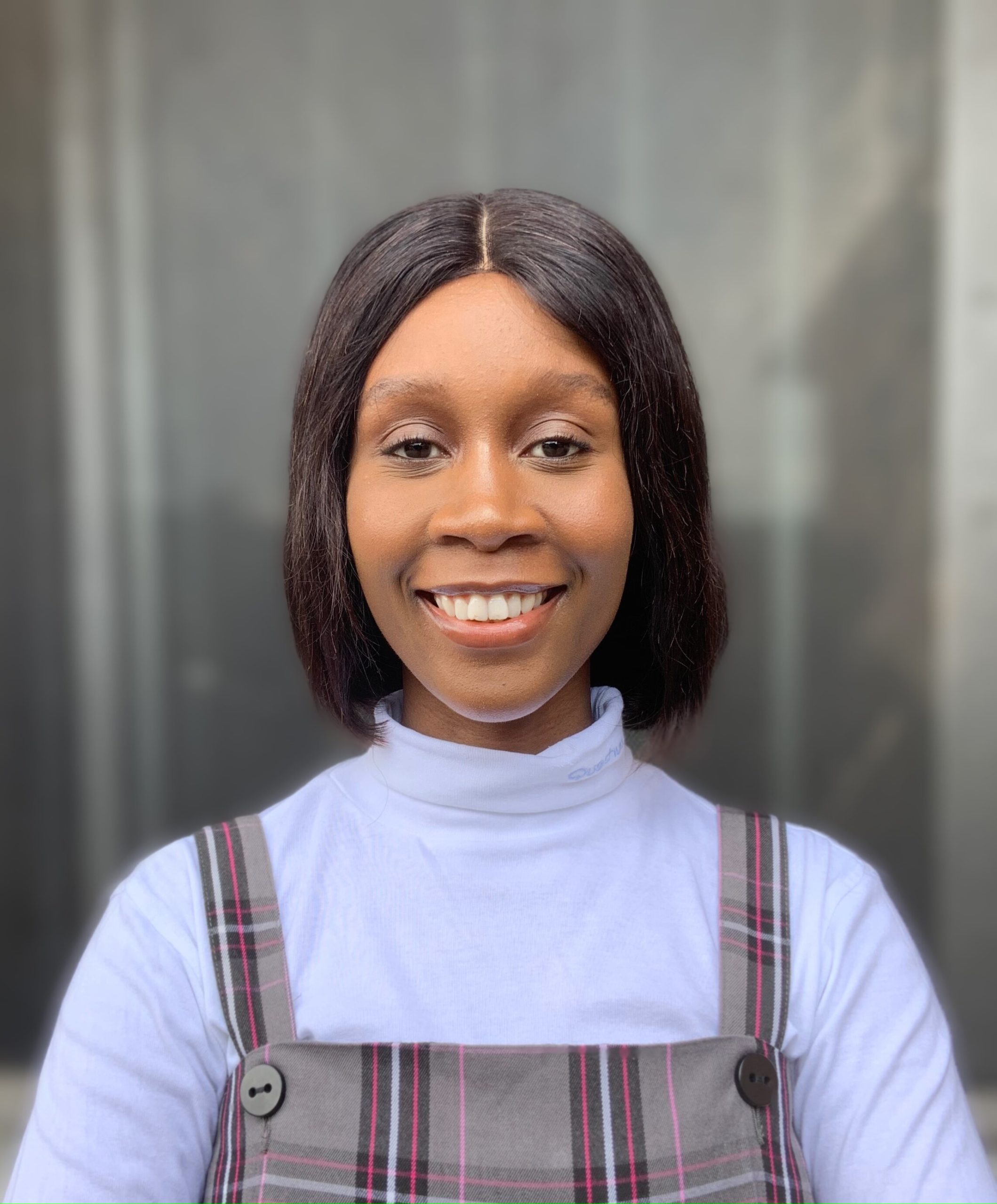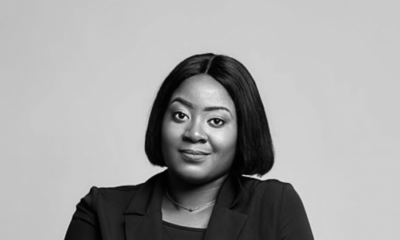Features
Etashe Linto: 7 Things I Learned From Last Year

Everyone has an idea about how the next person should live. Last year, many of us were told to ‘seize the opportunities presented by the pandemic’, to ‘be strong and look on the bright side of things’, to be this, or to do this and that in a season of fear and uncertainty.
Although I find these motivational nuggets meaningful, it’s also clear that motivation is merely fuel for emotional strength, not necessarily action. In an era where everyone is increasingly opinionated, I’ve learned that though opinions are an inevitable part of the human experience, our ability to cut through the noise is of greater importance.
In my interaction with mindful thinkers, and through practice, I found significant wisdom from the chaotic year that was 2020, and this is my documentation of these lessons. As you read, I ask that you think through each lesson, and, should either one of these messages resonate with you, feel free to steal them as well.
The first is that all our actions and business ventures revolve around satisfying our three core needs of clothing, shelter, and food. The clothing and food industries are quite straightforward. Shelter, on the other hand, is cross-definitive. Simply put, our need for shelter is a desire for safe spaces. This need cuts across several responses, including our pursuit for protective housing, and our interest in belonging to a community. We’re wired to desire community, which was, in ancient times, a key survival tool for our ancestors. Not belonging to any community often meant that you had no grace of protection from external danger and were more likely to die faster than those who belonged to a clan.
Many companies have keyed into this desire by designing products that provide a sense of belonging to consumers. Apple, for instance, appliews our desire for shelter by designing products that promote a feeling of elitism – a form of differentiation from the larger global community of people that don’t use the Apple brand. Our need for communities has grown increasingly over the past decade and has been especially heightened with the advent of the COVID-19 pandemic. We take jobs in major companies and enrol in elite schools to, in part, develop distinguishing networks and to earn a high status within our career community. In designing your business or art, it helps to think about what core needs you’re providing. This one I stole from my time at the ScaleMyHustle Community.
Another is that everything is temporary. More than ever, I was reminded of the temporality of situations, positions, and events. We saw job losses and gains, death and birth, emotional highs and lows, a pandemic that changed how we approach work. Everything we know has an unknown date of expiration. Whether it’s to chance or a future decision we make, all things are designed to end. Life, in itself, is temporary and the only thing certain is death.
Ask and it shall be given to you. Or not. Still, ask. This was an important lesson I learned over the years from Moe Odele via Twitter. Applying it this year, particularly with strangers, helped me understand that people are willing to help but you’d never know unless you ask. To use the popular question: what is the worst that can happen? I’m sure you can tell that the worst that could happen is that you’d get no response. Still, ask.
In asking total strangers, I spoke with smart strangers on Strange View podcast, got a remote job amidst the pandemic, and got guidance to make better decisions. You want something? Ask for it. We also see this principle play out when we ask ourselves for a better life. It happens that when we desire something, everything within the universe suddenly seems to work in favour of our desire. When we ask better of ourselves, we are more likely to become deliberate in our actions and get better results. Sometimes we don’t get any answers but we gain perspective, depending on our perception of things. Asking also applies in work and overall communication. Answers provide clarity and generally help improve performance.
Perception shapes our experience of life. I recently wrote to twenty-nine people about the beautiful side of hardship. Picking from my learning on ancient wisdom via Maria Popova’s brilliant work and my deliberate application of these lessons, I’ve come to deeply understand the popular saying that ‘we are our thoughts.’ Oftentimes, hardship indeed becomes unbearappble but like happiness, hardship is temporary. Experiences like happiness and hardship are governed by emotions, which are cyclic. For difficult experiences to become beautiful, we have to perceive it as such. This, alongside strong love for one’s self, having a supportive community, and courage shapes our perception. Life is an inevitable journey through which the self is discovered, and its end, as we know it, is death.
Read widely, connect the dots, and do something. Reading widely isn’t about the book count but approaching information through different lenses. As James Clear wrote on retaining more of what we read, combine knowledge trees. Read around a theme and perceive all angles of it. If you were to read about fear or were reading a piece with a genre in horror, for example, it helps to ask interesting questions around why we perceive fear as humans, the science of fear, what ancient philosophers say about fear and some of the best pieces of literature on fear. This is what it means to read widely; to expose ourselves to multiple perspectives, questioning, and further refining these perspectives. It helps us connect the dots. After reading, do something. Write about it, talk about it, or apply it in your craft. Do something.
Until confronted, you’ll always be haunted by a negative experience from your past. A lot of us have borne trauma for years and keep losing ourselves in this idea of ‘being strong’. This isn’t healthy. Seeking therapy within the year was a deeply rewarding investment that I believe anyone living with a trauma that’s yet to be confronted (actually, everyone really) would find valuable. Holding in a traumatic memory strengthens its stronghold on us; it becomes that thing that we safeguard like a jewel. It doesn’t make sense to nurture the things that suppress us and it’d be a lot more profitable to confront these things. It also helps to understand that healing is a process.
Lastly, passion and vision are not static elements. There’s been an increasing demand to find our passion; to search deep within us and discover our reason for being. We often think that finding ‘our thing’ means that we get to stop desiring other things. The truth is that metrics change; our value systems would constantly get reshaped. Navigating the dynamism of passion and vision requires open-mindedness on our part.




















